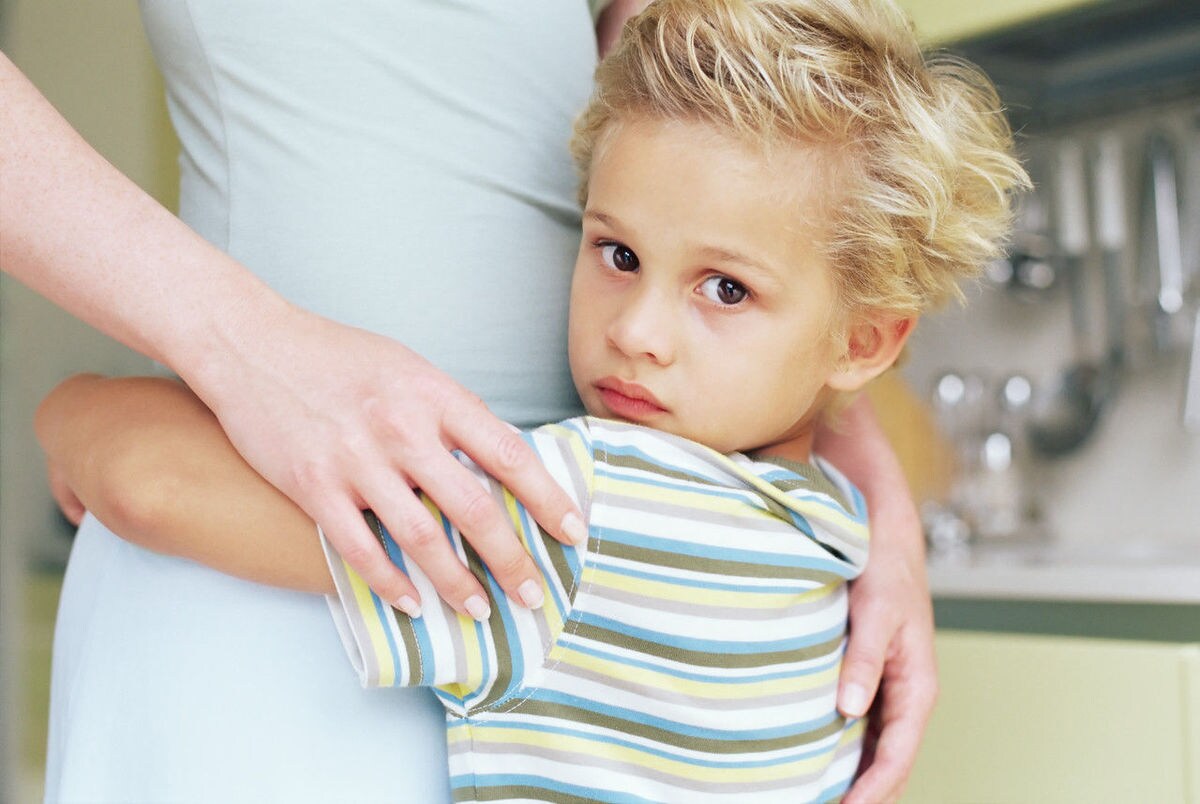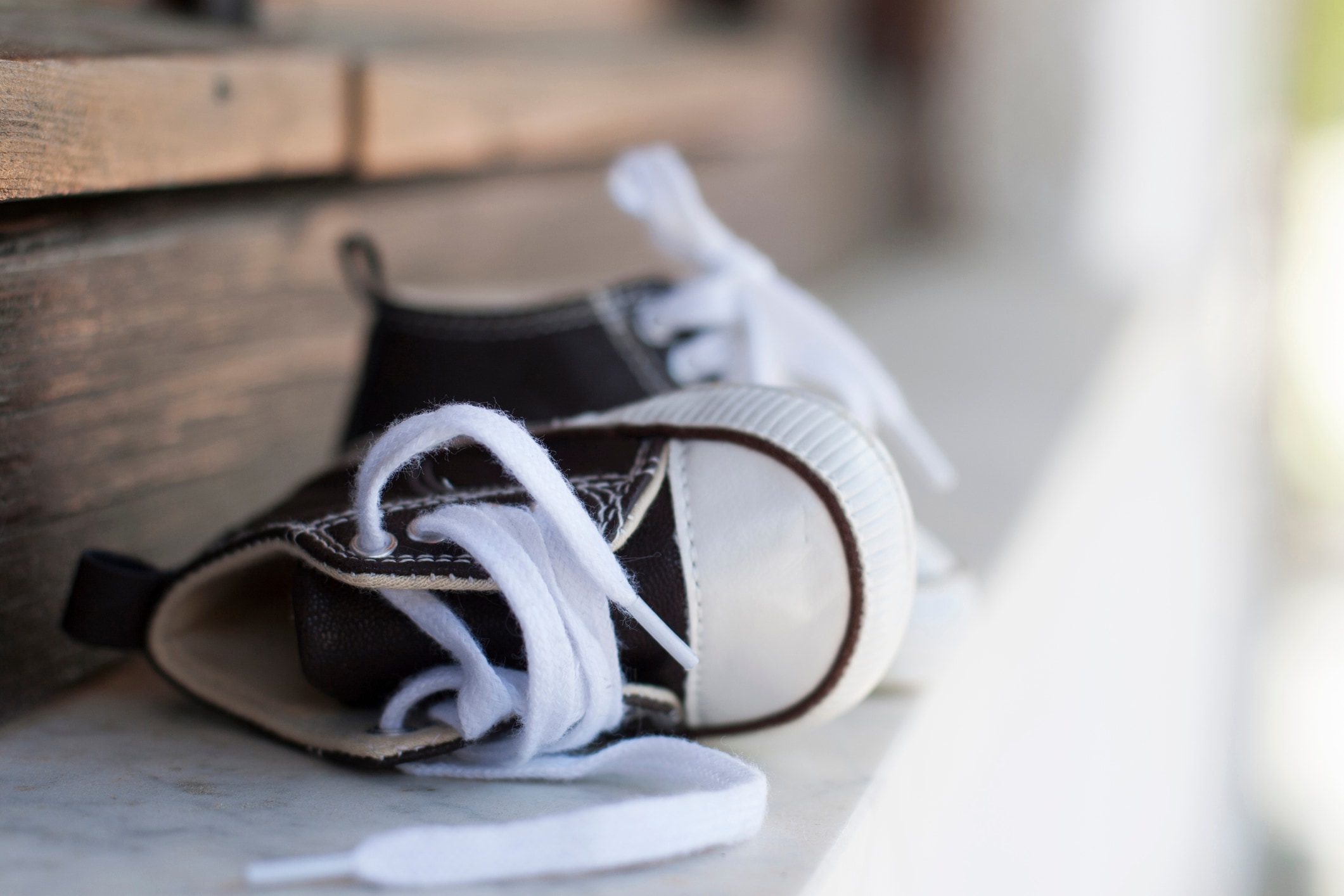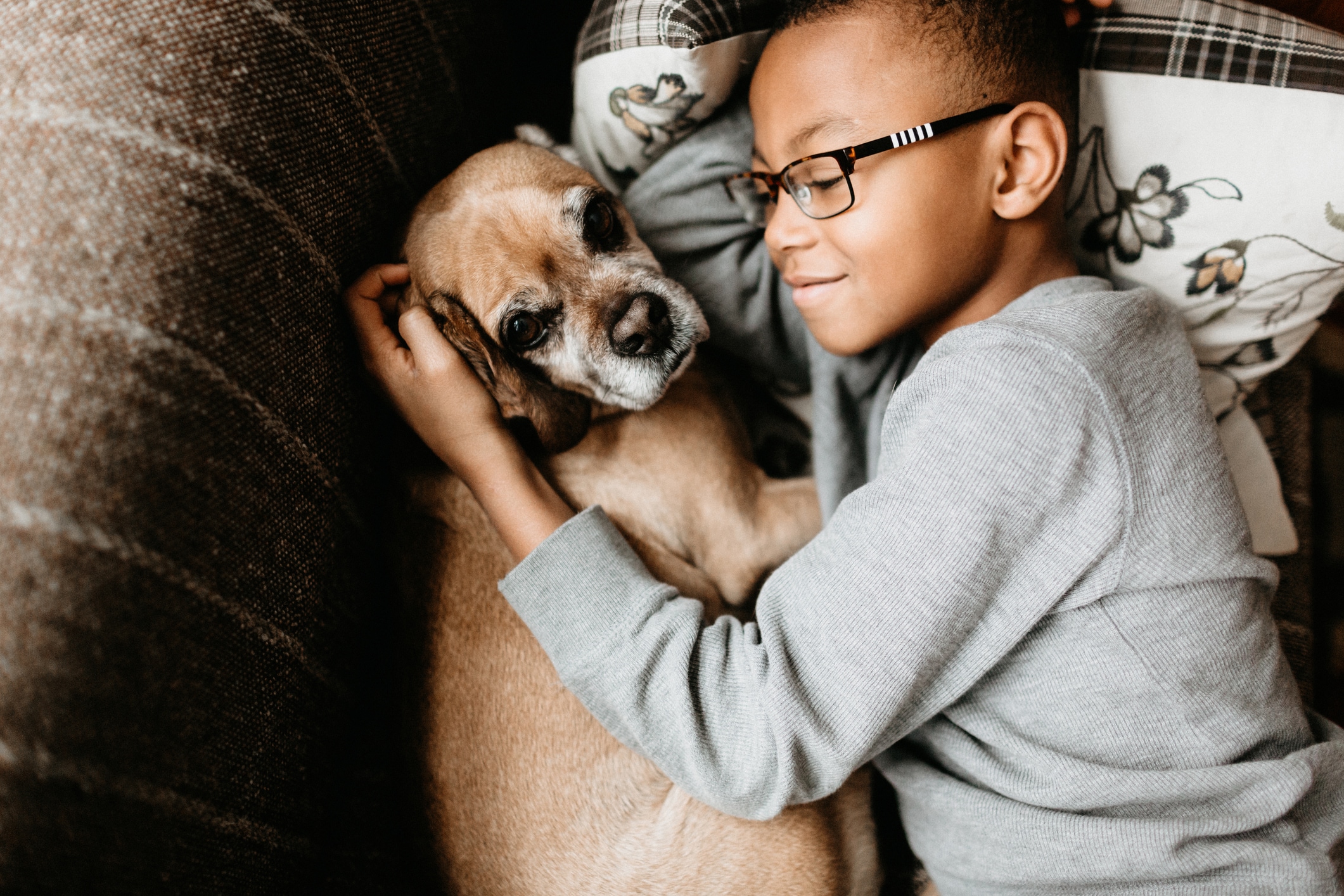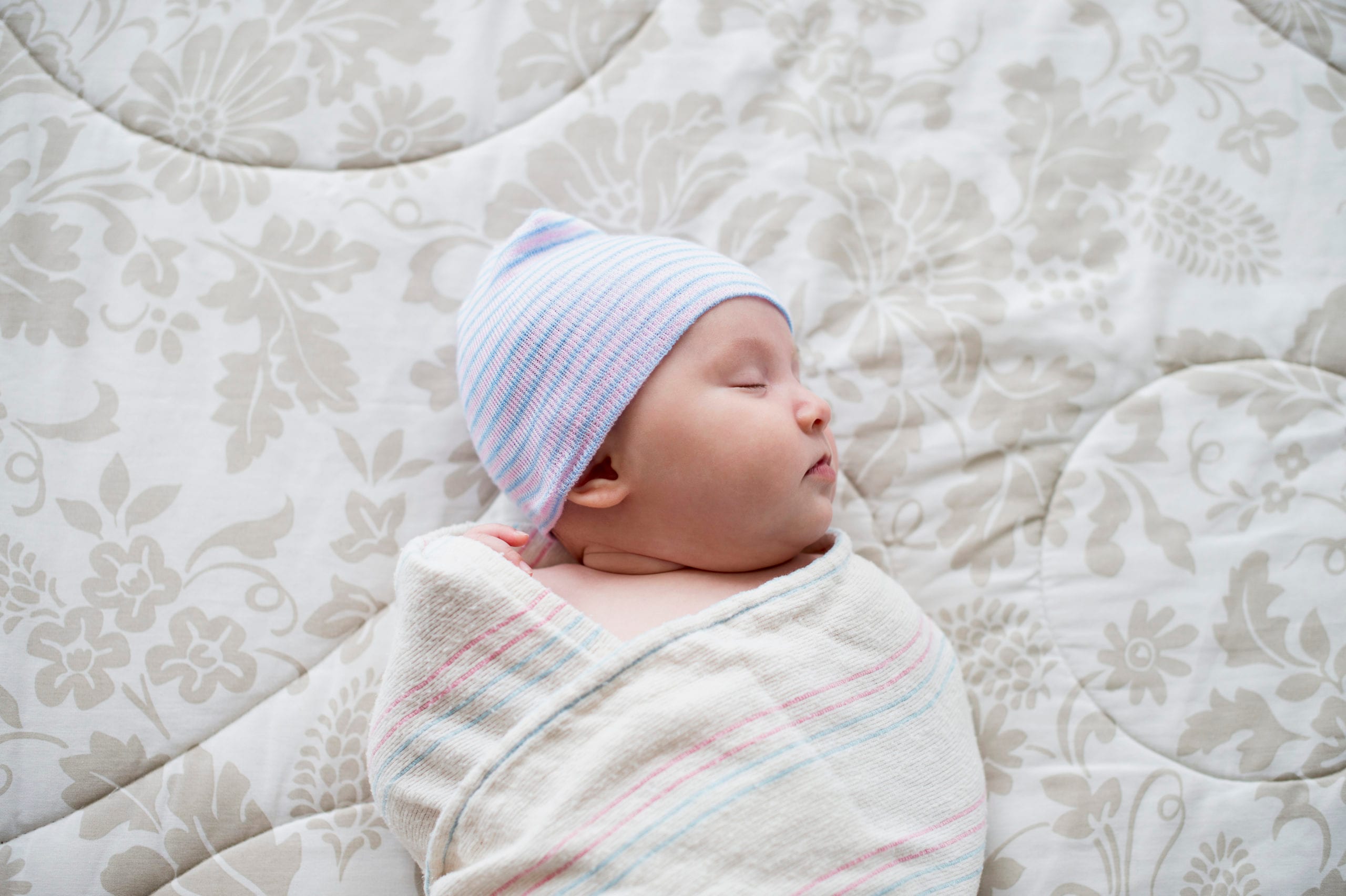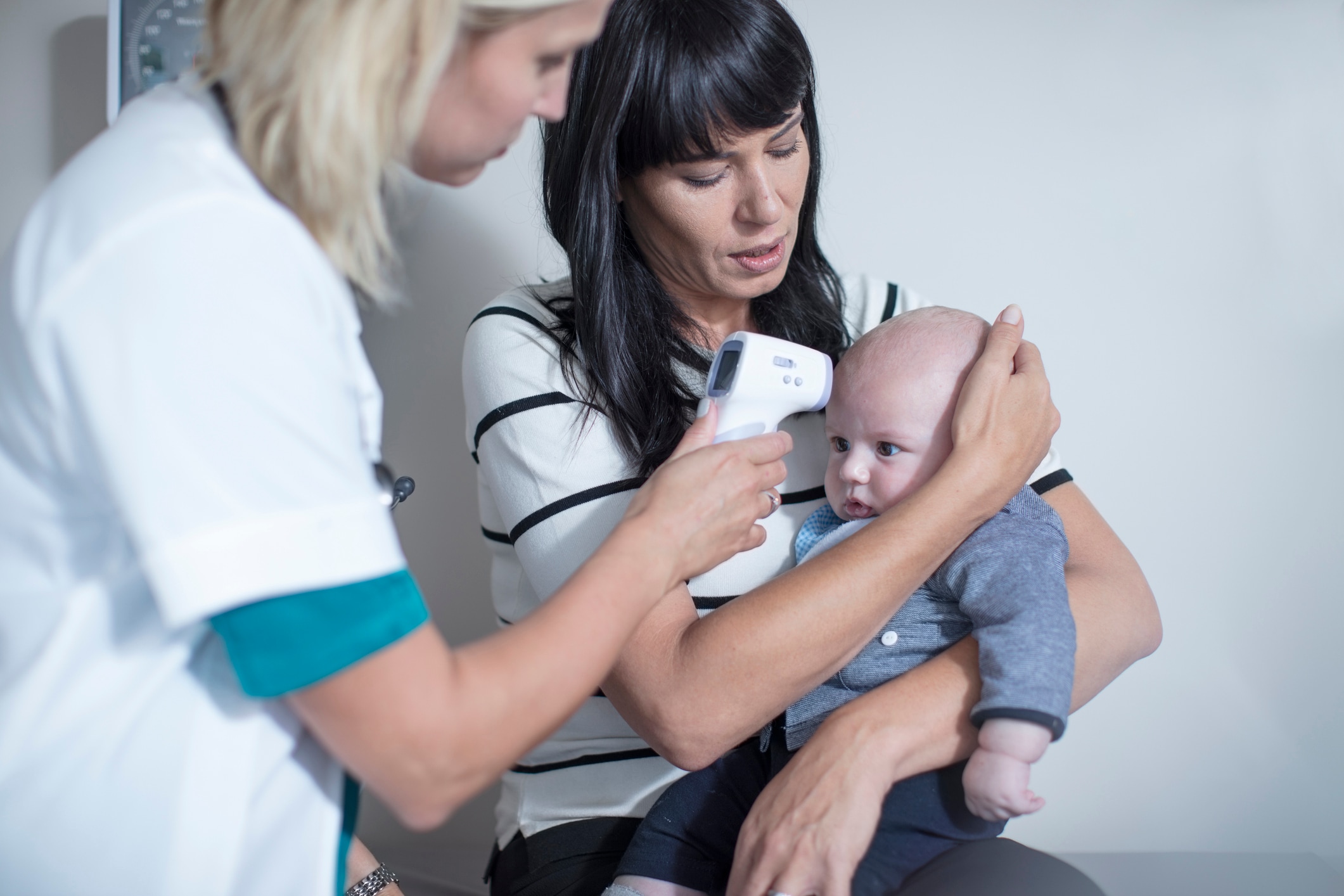Does your child cling on to you for dear life when you have to leave? Are there tantrums when you have to drop off at school or daycare? This is a sign that your child is attached to you. That’s good! However it is also a sign that your child is struggling with separation. An emotionally secure child has no trouble separating and reuniting with his/her mother when the time comes. Some children are independent and feel as if separation is a time to conquer a new challenge. Others see it as scary and a signal of the unknown.
As we should be attached and present to our children, we should also look at fostering healthy separation. Separation allows the child to develop at their own pace and promotes independence and high self-esteem. Children start recognizing separateness around 3-6 months old. Between 8-18 months they develop separation and stranger anxiety. By 2-3 years old, that should subside and your toddler should be more comfortable exploring the world. Finally, by 3-6 years old (school age) we see the first real test of a child’s ability to separate. It is at this time that we as parents may feel a big sad, guilty, or worried about separating with their child. However, we must accept that this is a healthy part of growing up and focus on helping our children to process and accept separation.
Some children, especially those who are particular sensitive, will experience some issues with separation. In order to help them avoid experiencing these issues, we should firstly avoid premature separation. If the child is not ready to separate, we shouldn’t force it. Forcing separation makes children anxious and tells them that they cannot rely on you. Instead, have a familiar person accompany the child during separation and always be clear about leaving and say goodbye. As parents, we can be very hesitant to let our babies grow up, but we must respect out child’s need to do things by themselves.
Identifying a child with separation issues, especially when starting school, include sleep and eating changes, increased fatigue, decreased motivation to play, and angry outbursts. Separation can be delayed due to a child worrying about their “spot” at home, worrying about their parent’s feelings about being without them, and even feeling guilty about enjoying their own independence. Change-driven experiences such as the birth of a sibling, illness or death in the family, moving or divorce can all cause a child to negatively characterize separation.
When these issues arise, we must be empathetic to our children’s needs and not just expect them to process these situations as an adult. If we are affected then assume the child is more so. Allow for a bit of regression, their baby stage was their least stressful so of course they would want to go back to it. Do not compare your child to other children in a competitive style because every child is different.
As will all things parenting, we must work on not passing on our own anxiety and fears to our children. Separation is a natural part of growing up that we as parents must accept. In order for our children to have healthy feelings about separation, we must foster healthy feelings and emotions in ourselves.
——————————-
Erica Komisar is a veteran psychoanalyst and parent-coach who has been in private practice for 25 years. A graduate of Georgetown and Columbia Universities and The New York Freudian Society, Ms Komisar is a psychological consultant bringing parenting and work/life workshops to clinics, schools, corporations and childcare settings including The Garden House School, Goldman Sachs, Shearman and Sterling and SWFS Early Childhood Center. She lives is New York City with her husband, optometrist and social entrepreneur Dr. Jordan Kassalow, and their three teenage children. Her book, Being There: Why Prioritizing Motherhood in the First Three Years Matters is out now.
